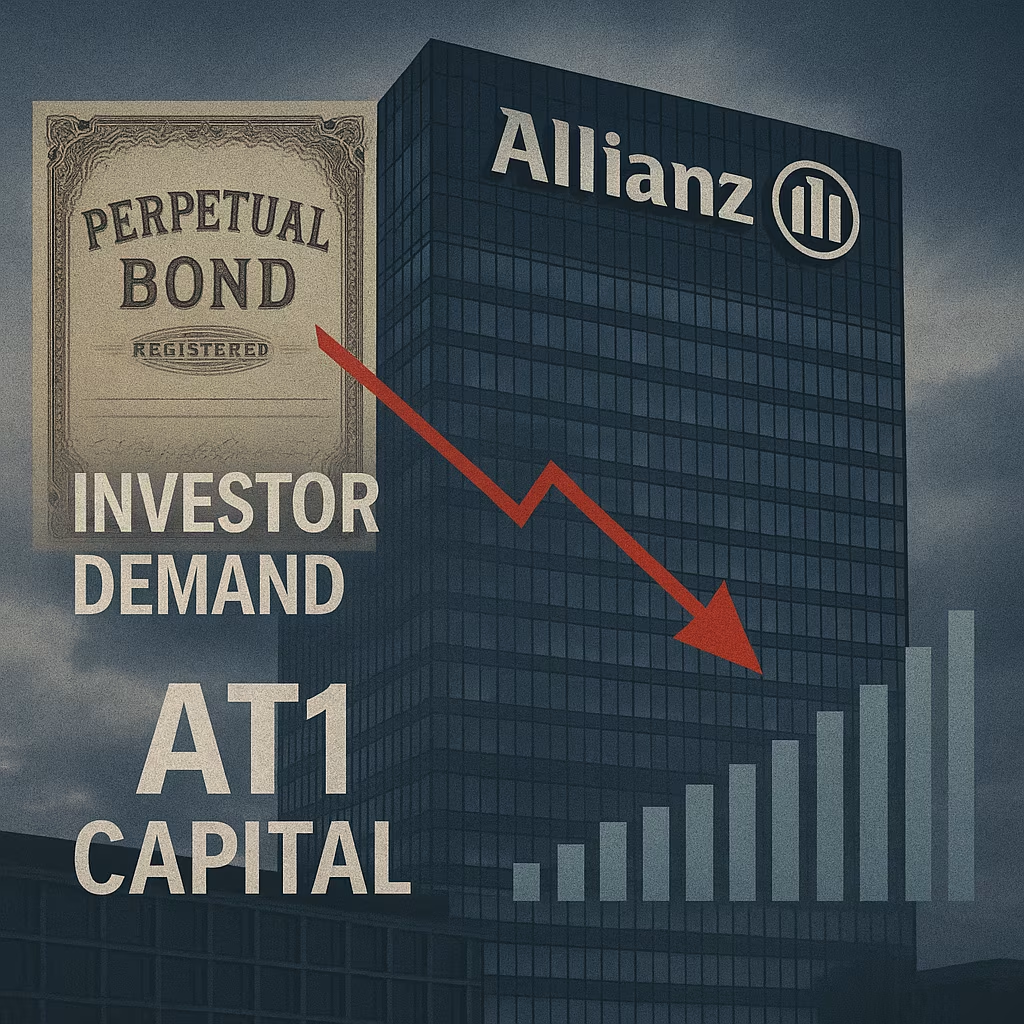Pacific Equity Partners (PEP), one of Australia’s leading private equity firms, is reportedly on the verge of acquiring Spark New Zealand’s portfolio of data centers, according to industry sources. The move underscores the growing investor appetite for digital infrastructure assets as demand for cloud services, AI computing, and data storage accelerates globally.
If finalized, the transaction will mark one of the largest data center deals in the New Zealand market, providing PEP with a significant foothold in a sector poised for long-term expansion.
A Deal Aligning With the Digital Infrastructure Boom
The proposed acquisition reflects the sharp rise in the value of data center assets worldwide. The surge in AI-driven workloads, cloud adoption, and digital transformation has created unprecedented demand for secure, scalable, and energy-efficient facilities capable of handling vast amounts of data.
Spark, New Zealand’s largest telecommunications and digital services provider, has been a major player in the country’s data center space. Its facilities serve both domestic and international clients, providing mission-critical hosting and connectivity services.
By selling these assets, Spark aims to unlock capital to invest in its core operations, including 5G expansion, network modernization, and digital service innovations.
Why Pacific Equity Wants Data Centers Now
Pacific Equity Partners has been strategically targeting infrastructure opportunities that combine stability with high growth potential. Data centers fit squarely into that profile — offering predictable long-term cash flows from customer contracts and the upside of rising capacity needs.
For PEP, acquiring Spark’s data center portfolio offers several advantages:
- Established Market Position – The centers already have a solid client base and operational track record.
- High Barriers to Entry – Building new facilities requires significant capital investment, land availability, and regulatory approvals.
- Scalability – Opportunities to expand existing sites and upgrade technology to cater to AI and cloud computing demands.
The deal also gives PEP a platform to pursue further acquisitions in the broader Asia-Pacific region, where demand for colocation and hyperscale facilities is surging.
Spark’s Strategic Rationale for Selling
While data centers are a valuable asset, they are capital-intensive and require constant investment to keep pace with technological advances. For Spark, the sale represents a chance to redeploy funds toward high-return projects that directly strengthen its competitive position in the telecommunications market.
The company has been focusing heavily on 5G deployment, improving digital services, and expanding cloud-based offerings through strategic partnerships. Divesting physical infrastructure such as data centers allows Spark to adopt a more asset-light approach while still maintaining service relationships through long-term hosting agreements.
The Broader Data Center Investment Trend
The transaction comes amid a wave of global private equity interest in data centers. Major investment firms and infrastructure funds are actively acquiring these assets as enterprises migrate workloads to the cloud and AI adoption accelerates.
Asia-Pacific is a particular hotspot, with markets like Australia, Singapore, and Hong Kong seeing billion-dollar deals in recent years. New Zealand, while smaller, offers attractive stability, reliable energy infrastructure, and proximity to major data flows between Asia and Australasia.
Data center valuations have also been rising, driven by strong demand from hyperscale operators like Amazon Web Services, Microsoft Azure, and Google Cloud.
Potential Challenges Ahead
Despite the promising outlook, data center investments are not without risks:
- Energy Consumption – Data centers are power-intensive, and sustainability concerns are pushing operators to adopt renewable energy solutions.
- Competition – While New Zealand’s market is less crowded than others, regional players could seek to expand their presence.
- Technology Upgrades – Constant reinvestment is necessary to keep pace with evolving hardware and security requirements.
PEP will need to ensure that its investment strategy balances profitability with sustainability, especially as customers increasingly demand green data center solutions.
What This Means for New Zealand’s Digital Future
If Pacific Equity completes the acquisition, it could mark a turning point for New Zealand’s digital infrastructure sector. Private equity ownership often brings fresh capital for upgrades, expansions, and operational improvements, which could strengthen the country’s ability to attract global cloud and technology providers.
For Spark, the deal would allow it to focus more sharply on its strategic vision as a digital services leader, potentially enhancing customer offerings and competitiveness in a rapidly evolving market.
As negotiations near completion, all eyes are on the final terms and valuation of the deal. If confirmed, Pacific Equity Partners will gain a highly strategic set of assets at a time when digital infrastructure is more critical than ever.
With AI, cloud computing, and data-driven business models reshaping industries worldwide, control of modern, efficient data centers could prove to be one of the most lucrative investments in the coming decade.





